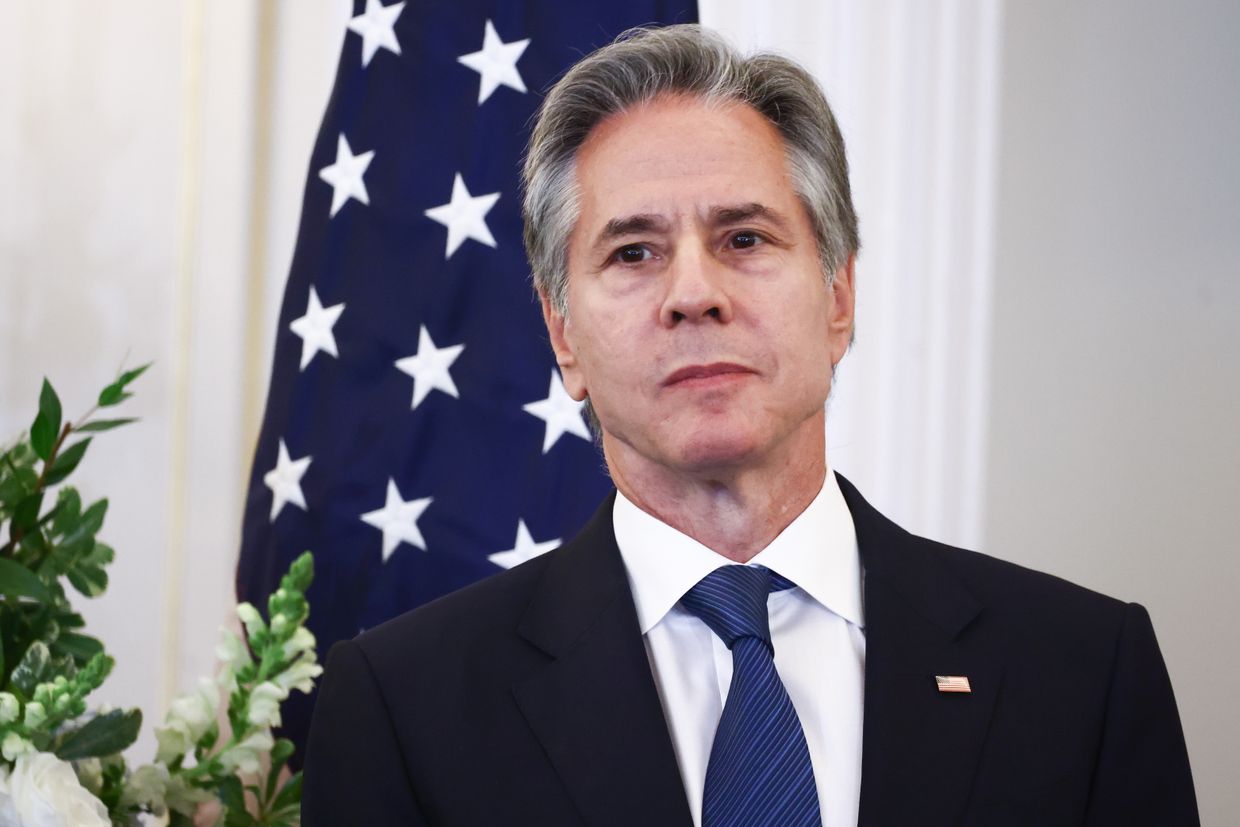US assured Putin no nuclear weapons in Ukraine, Biden says

The United States assured Russian President Vladimir Putin it would not deploy nuclear weapons in Ukraine, outgoing U.S. President Joe Biden said in a Jan. 17 interview with MSNBC.
"Tactical nuclear in Europe scares the hell out of everybody, including the Russians," he said.
Biden recounted conversations with Putin, during which the Russian leader emphasized demands to keep nuclear weapons out of Ukraine and block Ukraine's NATO membership.
"I said, '(Nuclear weapons are) not a problem. We've already taken the nuclear weapons out. There's none there. We're not gonna put them back in,'" Biden responded, without provided the date when such a conversation had occurred.
The U.S. president further criticized Putin's ambitions: "All he wants to do is re-establish the Warsaw Pact. I can't let that happen. This guy is not a good guy."
These discussions reflect long-standing tensions over Ukraine's security, which were central to the 1994 Budapest Memorandum. Under the agreement, Ukraine relinquished its nuclear arsenal — the world's third-largest — in exchange for assurances from the U.S., U.K., and Russia not to use force or economic coercion against Ukraine.
Despite these commitments, Russia launched a war against Ukraine and has repeatedly issued nuclear threats against Ukraine and its allies.
In November, Putin approved an updated nuclear doctrine, which snow allows Moscow to use nuclear arms against non-nuclear states. Russia later launched the intermediate-range ballistic missile "Oreshnik," designed for nuclear weapons.
A November survey by Russia's independent Levada Center revealed that 39% of Russians believe nuclear weapons use could be justified in the ongoing war against Ukraine, reflecting the domestic impact of Kremlin rhetoric.












